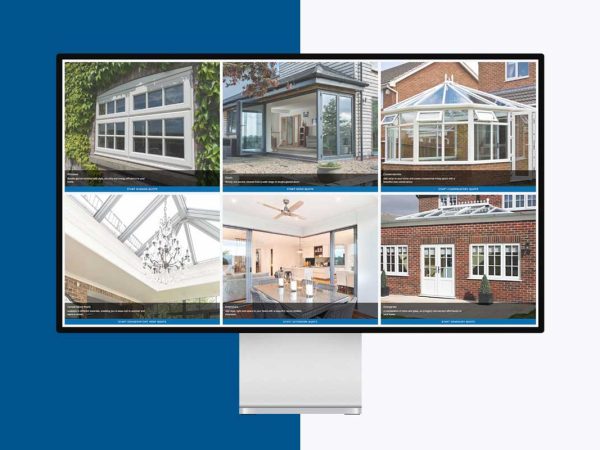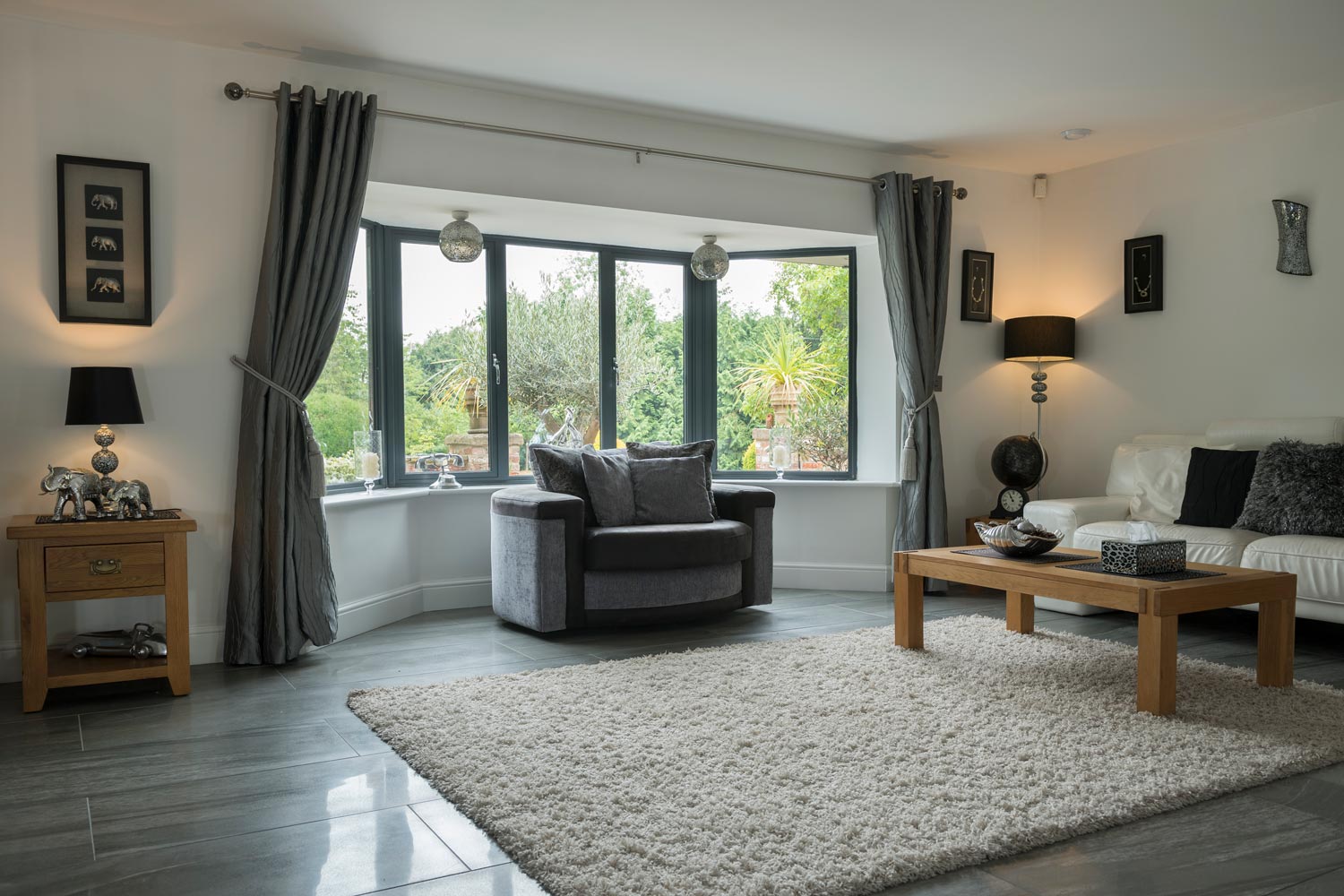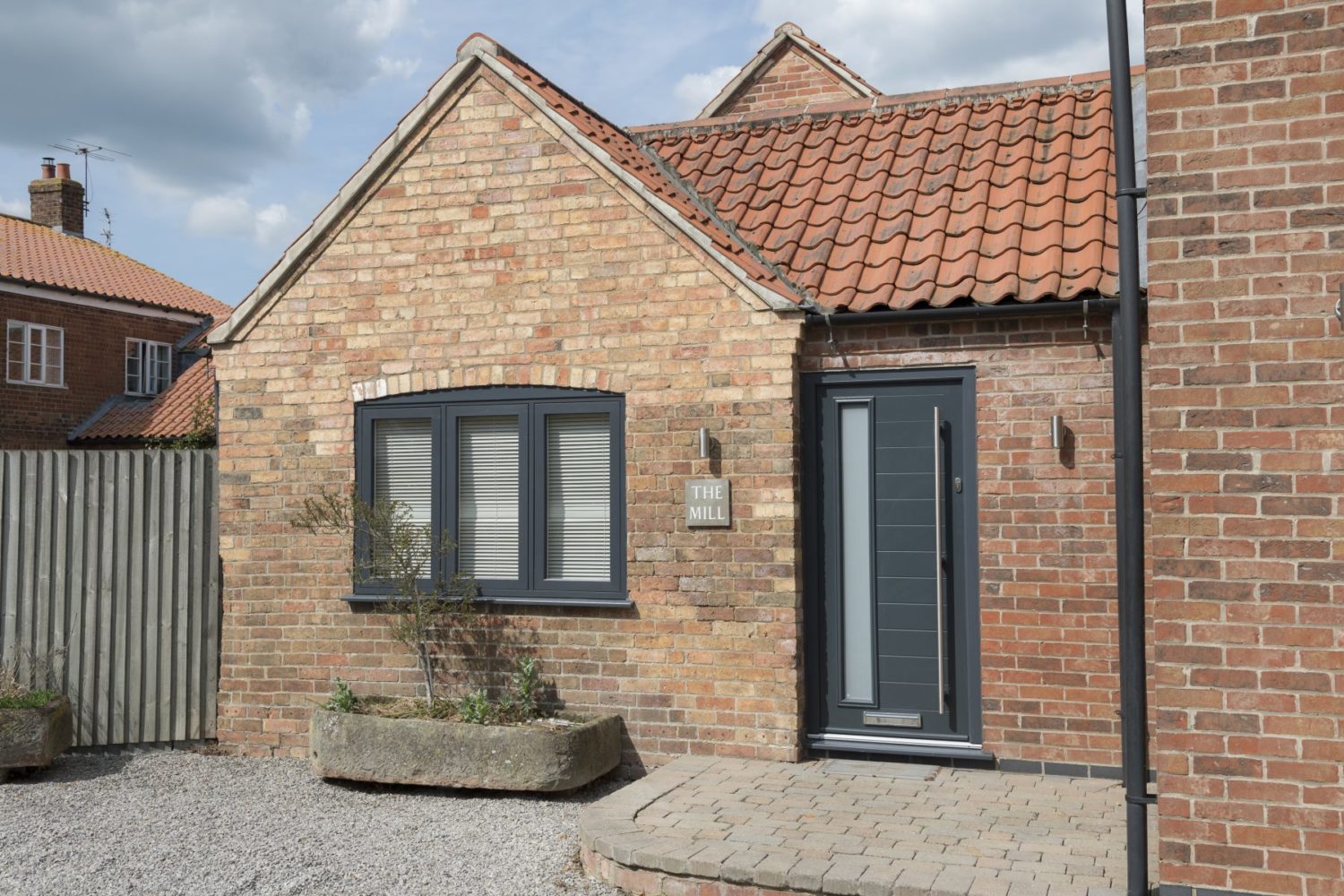What is Toughened Glass?
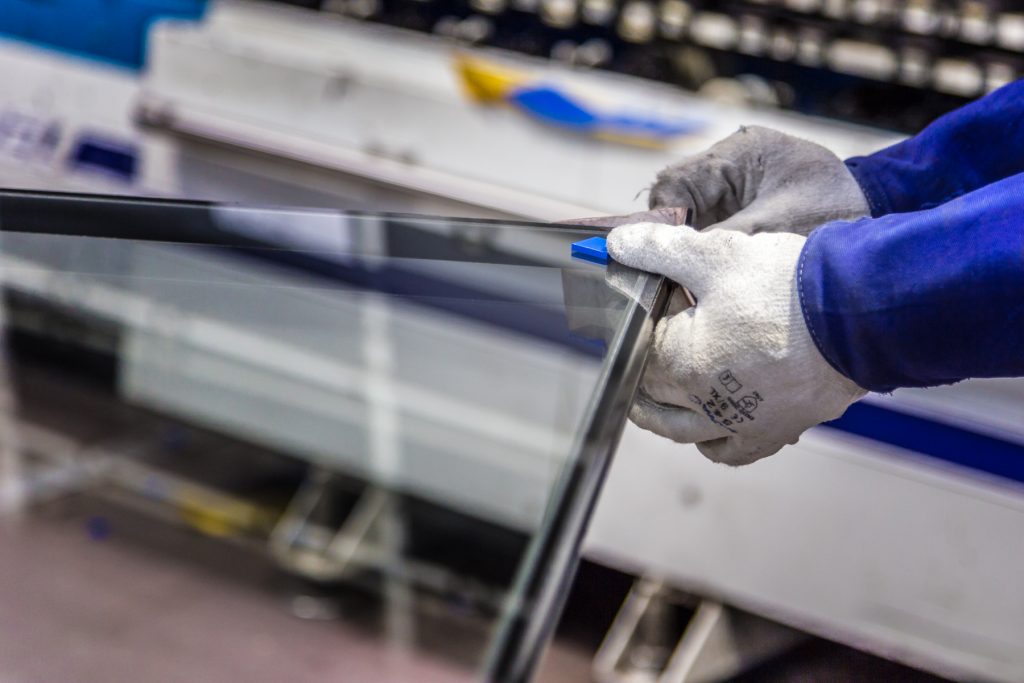
Toughened Glass: What It Means & Why It Matters
Toughened glass, sometimes referred to as “tempered” or “safety glass”, is very simply a stronger version of the standard glass that is used in most windows around the home. It is used in areas where greater strength or safety is required, for example, in doors, windows near doors, or at low levels.
At Starglaze, we offer a wide variety of glazing options, including double glazing, enhanced triple glazing, acoustic glass, privacy glass, integral blinds, and double glazing repairs. Your choice of glazing, whether toughened glass or any other option, can be integrated into one of our many stunning window styles.
Why Do We Need Toughened Glass?
If you have windows or doors in your home that are low-level or in areas where someone might accidentally fall against them, toughened glass is essential. Standard glass, also called annealed glass or float glass, can break into large, dangerous shards.
Toughened glass undergoes a special toughening process so that if it breaks, it shatters into small, finger-nail-sized pieces, significantly reducing the risk of injury. This makes it the perfect choice for:
- Doors and Patio Doors
- Low-Level Windows
- Windows Adjacent to Doors
Ensuring these critical areas have toughened glass is not just recommended it’s a safety requirement. Experienced double glazing companies will advise you on this during the quoting stage.
The Glass and Glazing Federation, of which Starglaze is a founding member, publishes a handy leaflet on the requirements of toughened glass. If you would like us to email you a digital copy of the guide, please get in touch and we shall happily forward you one.
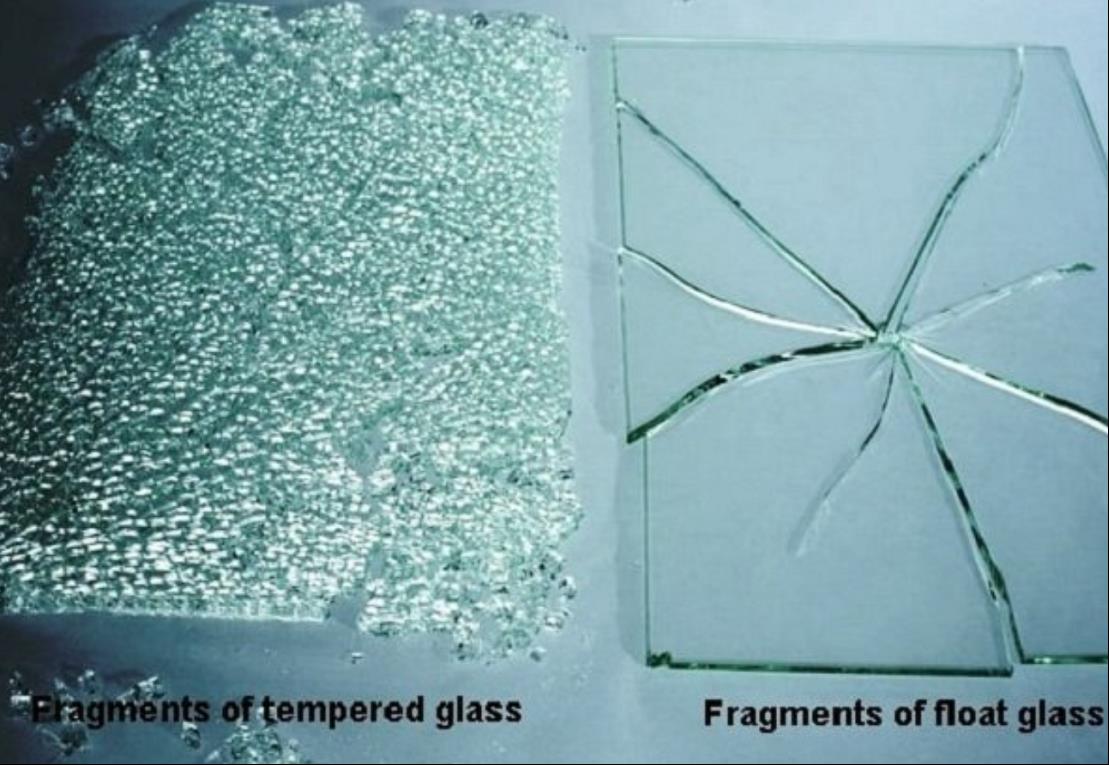
How Is Toughened Glass Made?
The most common method for creating toughened glass is tempering. Here’s a step-by-step overview:
- Edge Polishing- The edges of the glass are smoothed to remove imperfections.
- Furnace heating – The glass is placed on rollers and heated in a furnace, typically around 650°C.
- Oscillation – The glass rolls back and forth until it reaches the required temperature, which may vary depending on external conditions.
- Rapid cooling – Air jets cool the glass quickly, compressing the surface while the interior remains in tension.
This compression makes toughened glass up to four times stronger than standard float glass. If it breaks, it shatters safely into small, blunt pieces, making it ideal for vulnerable areas in your home.
How Do You Tell If a Window Has Toughened Glass?
Once the glass has been fitted in a window, then toughened glass and normal float glass are indistinguishable. If you look for a quality mark, then that might give an indication that the glass is toughened. For example, a British Standard Kitemark could be in one of the corners of the unit. If no mark is present, there is no visual way to check that the glass is toughened without removing the glass unit. If you removed the unit, you could look to see if the edges are smooth. Which, as described above, is a critical part of the process to create toughened glass.
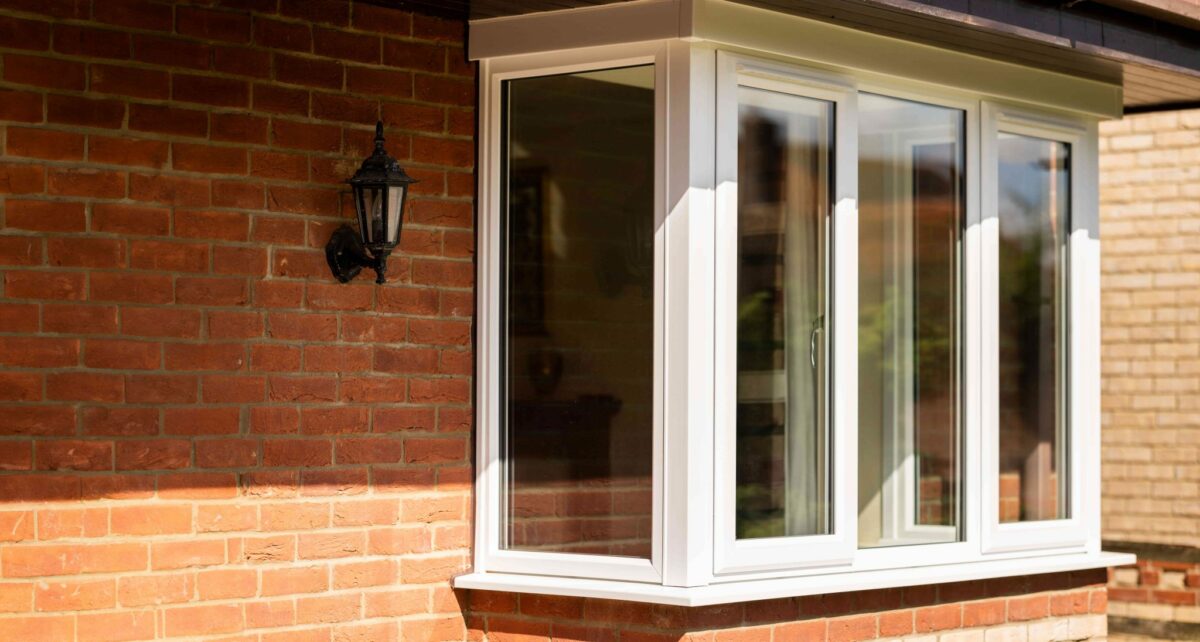
Upgrade to Toughened Glass in Lincolnshire
If you’d like to discuss your requirements for safety glass or obtain more information on toughened glass, we’re more than happy to offer our advice and expertise. For a free, no-obligation quote for windows, doors or a conservatory in Lincolnshire and Nottinghamshire, you can call us on 01522 512 020 or visit our Lincoln showroom, which is open 7 days a week. Alternatively, you can also get a free online quote from the comfort of your home.
Here at Starglaze Home Improvements, we offer a wide range of uPVC and aluminium windows, doors and conservatories , so enhance your home’s safety and security and seamlessly upgrade to toughened glass today!


